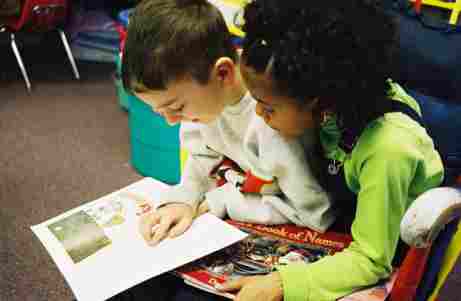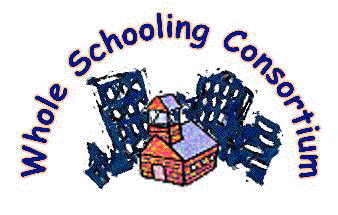Learning WellTogether
 |
To Whole School Improvement
 |

The WHOLE SCHOOLING RESEARCH PROJECT was a collaborative, qualitative study of inclusive education and its relationship with exemplary teaching and schooling practices in 16 schools in Michigan and Wisconsin from 1998 - 2002. The project was funded by the Office of Special Education Programs, U.S. Department of Education, Award number: H324D980013.
Researchers included: MICHIGAN TEAM: Wayne State University: Michael Peterson (Special education), Holly Feen (Art therapy and art education), Lynne Tamor (Parent and researcher), Melissa Silagy (teacher and researcher), and Rich Gibson (social studies, San Diego State University).
Cardinal Stritch University: Kim Beloin (Special education).University of Wisconsin-Stevens Point: Paula DeHart (Social studies education).
Table Of Contents
III. Michigan Team Summary Findings
IV. Michigan Team School Stories
V. Inclusive Education in Michigan and the Detroit Metro Area
VI. The Five Principles of Whole Schooling
1. Including All: All children learn together across culture, ethnicity, language, ability, gender, and age.
2. Empowering Citizens In A Democracy
3. Toward Authentic, Multi-level Instruction
4. Building Community: Dealing Proactively with Social and Emotional Needs of Children
5. Supporting Learning In An Inclusive School
Appendices
A. Advisory Committee Members
B. Whole School Tool Kit: A Resource for School Renewal
C-1 Key Elements of Building a Whole School
C-2 Whole Schooling Renewal Process
C-3 Whole Schooling Assessment Scale
C-4 Whole Schooling Guidelines
